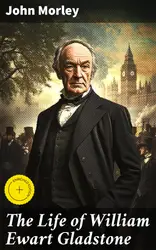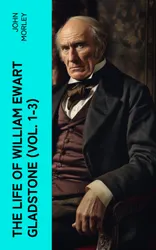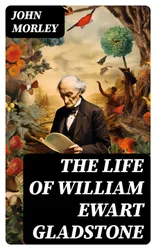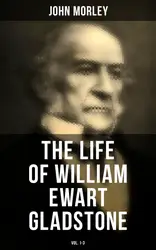In the old Flemish town of Arras, known in the diplomatic history of the fifteenth century by a couple of important treaties, and famous in the industrial history of the Middle Ages for its pre-eminence in the manufacture of the most splendid kind of tapestry hangings, Maximilian Robespierre was born in May 1758. He was therefore no more than five and thirty years old when he came to his ghastly end in 1794. His father was a lawyer, and, though the surname of the family had the prefix of nobility, they belonged to the middle class. When this decorative prefix became dangerous, Maximilian Derobespierre dropped it. His great rival, Danton, was less prudent or less fortunate, and one of the charges made against him was that he had styled himself Monsieur D'Anton.
Robespierre's youth was embittered by sharp misfortune. His mother died when he was only seven years old, and his father had so little courage under the blow that he threw up his practice, deserted his children, and died in purposeless wanderings through Germany. The burden that the weak and selfish throw down, must be taken up by the brave. Friendly kinsfolk charged themselves with the maintenance of the four orphans. Maximilian was sent to the school of the town, whence he proceeded with a sizarship to the college of Louis-le-Grand in Paris. He was an apt and studious pupil, but austere, and disposed to that sombre cast of spirits which is common enough where a lad of some sensibility and much self-esteem finds himself stamped with a badge of social inferiority. Robespierre's worshippers love to dwell on his fondness for birds: with the universal passion of mankind for legends of the saints, they tell how the untimely death of a favourite pigeon afflicted him with anguish so poignant, that, even sixty long years after, it made his sister's heart ache to look back upon the pain of that tragic moment. Always a sentimentalist, Robespierre was from boyhood a devout enthusiast for the great high priest of the sentimental tribe. Rousseau was then passing the last squalid days of his life among the meadows and woods at Ermenonville. Robespierre, who could not have been more than twenty at the time, for Rousseau died in the summer of 1778, is said to have gone on a reverential pilgrimage in search of an oracle from the lonely sage, as Boswell and as Gibbon and a hundred others had gone before him. Rousseau was wont to use his real adorers as ill as he used his imaginary enemies. Robespierre may well have shared the discouragement of the enthusiastic father who informed Rousseau that he was about to bring up his son on the principles of Emilius. 'Then so much the worse,' cried the perverse philosopher, 'both for you and your son.' If he had been endowed with second sight, he would have thought at least as rude a presage due to this last and most ill-starred of a whole generation of neophytes.












